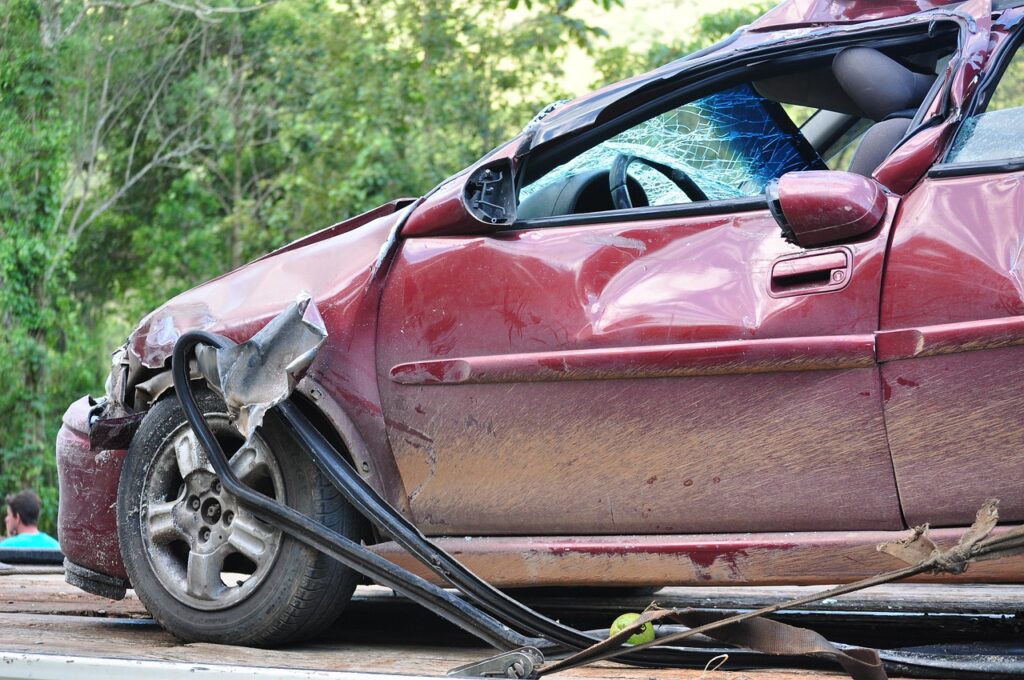
Car accidents can be incredibly stressful and traumatic experiences, both physically and emotionally. In addition to dealing with the aftermath of the accident itself, many individuals find themselves facing financial challenges as well. From medical bills to car repairs, the financial fallout from a car accident can quickly add up. In this article, we will discuss some practical tips to help you manage the financial impact of a car accident.
Contact Your Insurance Company Immediately
One of the first steps you should take after a car accident is to contact your insurance company. They will guide you through the claims process and help you understand what expenses are covered under your policy. Be sure to provide them with all the necessary information about the accident, including photos and witness statements if available.
Keep Track of all Expenses
In order to accurately assess the financial impact of the car accident, it’s important to keep detailed records of all expenses related to the incident. This includes medical bills, car repair costs, rental car fees, and any other out-of-pocket expenses you may incur as a result of the accident. Keeping organized records will not only help you stay on top of your finances but also serve as valuable documentation for insurance claims or legal proceedings.
Consider Seeking Legal Advice
If you believe that another party was at fault for the car accident, it may be in your best interest to consult with a lawyer. An auto accident lawyer can help you navigate complex legal issues surrounding liability and compensation, ensuring that your rights are protected throughout the process. They can also assist in negotiating settlements with insurance companies or representing you in court if necessary.
Explore Alternative Sources of Funding
If you are struggling to cover the financial costs of a car accident, consider exploring alternative sources of funding such as personal loans or crowdfunding platforms. While taking on debt is never ideal, these options can provide temporary relief while you work towards more sustainable solutions like negotiating payment plans with medical providers or seeking reimbursement from insurance companies.
Focus on Recovery
Last but not least, it’s important to prioritize your physical and emotional recovery in the aftermath of a car accident. This may involve attending follow-up medical appointments, seeking counseling for emotional trauma, or simply taking time off work to rest and recuperate. By focusing on your well-being first and foremost, you’ll be better equipped to handle any financial challenges that come your way.
Managing the financial fallout after a car accident can be daunting, but by following these practical tips, you can navigate this challenging time with greater ease and confidence. Remember to reach out for support from professionals like insurance agents or attorneys when needed and prioritize your own well-being throughout the process. With patience and diligence, you can overcome this setback and move forward towards a brighter future.


